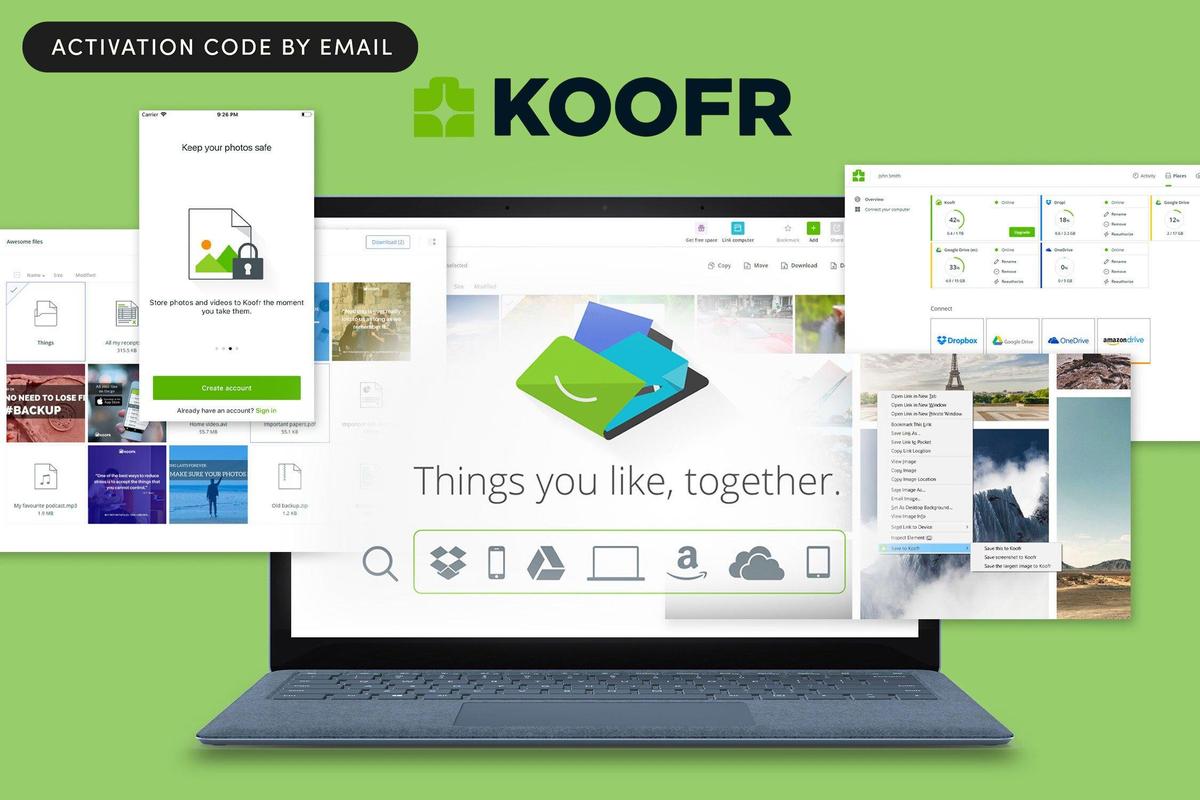OpenAI’s $3 Billion Windsurf Deal: Why Not Cursor?
OpenAI’s $3 Billion Windsurf Deal: Why Not Cursor?
The tech world was buzzing recently when news broke that OpenAI, the powerhouse behind ChatGPT, was in advanced talks to acquire Windsurf, an AI coding company, for a staggering $3 billion. This monumental deal immediately sparked a flurry of questions and speculation, with one particularly prominent query echoing throughout the industry: Why Windsurf, and not Anysphere, the creator of the popular AI coding assistant, Cursor?
The strategic rationale behind OpenAI’s pursuit of Windsurf remains somewhat shrouded in mystery, but the decision to potentially bypass Anysphere, a company they’ve already invested in through the OpenAI Startup Fund, is particularly intriguing. This blog post will delve into the potential reasons behind OpenAI’s choice, exploring the strengths and weaknesses of both Windsurf and Anysphere, and examining the broader implications of this multi-billion dollar acquisition.
Understanding the Players
Before we dissect OpenAI’s decision, let’s briefly introduce the key players:
-
Windsurf: An AI coding company specializing in advanced code generation and completion tools. While details about their specific technology are limited, the hefty price tag suggests a sophisticated and potentially game-changing platform. The $3 billion valuation hints at a significant market share and a robust technological advantage.
-
Anysphere (Cursor): The developers of Cursor, a well-regarded AI coding assistant known for its ease of use and integration into popular development environments. OpenAI’s prior investment in Anysphere through their Startup Fund indicates a degree of confidence in their technology and potential.
Why Windsurf? Potential Explanations
The multi-billion dollar price tag attached to Windsurf suggests a significant technological leap or a substantial market advantage. Several hypotheses attempt to explain OpenAI’s preference:
-
Superior Technology: Windsurf’s technology might possess capabilities beyond what Cursor offers, perhaps incorporating more advanced AI models, superior code understanding, or a more robust platform architecture. This could include features like advanced debugging, code refactoring, or integration with a wider range of programming languages and development frameworks.
-
Larger Market Share/Customer Base: Windsurf may boast a significantly larger customer base or market share compared to Anysphere. Acquiring a company with established traction could provide OpenAI with immediate access to a vast user network, accelerating the adoption of their AI coding tools.
-
Synergies with OpenAI’s Ecosystem: Windsurf’s technology might integrate more seamlessly with OpenAI’s existing products and services, creating significant synergies and opportunities for cross-promotion. This could be crucial for expanding OpenAI’s reach and solidifying their position in the rapidly evolving AI coding market.
-
Strategic Competitive Advantage: Acquiring Windsurf could give OpenAI a decisive edge over competitors in the AI coding space. By eliminating a potentially significant rival, OpenAI could consolidate its market position and accelerate its dominance.
Why Not Cursor?
While Anysphere and Cursor represent a solid player in the AI coding market, several factors could explain why OpenAI opted for Windsurf:
-
Valuation Discrepancy: The valuation of Anysphere might have been significantly lower than Windsurf’s, making the latter a more attractive investment from a purely financial perspective. A smaller valuation could also have limited the potential for technological integration and market expansion.
-
Integration Challenges: Integrating Cursor into OpenAI’s ecosystem might have presented unforeseen technical challenges or compatibility issues. Windsurf’s technology may have offered a smoother integration pathway.
-
Strategic Diversification: Acquiring Windsurf could offer OpenAI a broader range of capabilities and technologies, potentially diversifying their portfolio and reducing reliance on a single approach to AI coding assistance.
The Broader Implications
OpenAI’s potential acquisition of Windsurf sends a strong signal about the rapidly evolving landscape of AI-powered development tools. The multi-billion dollar price tag highlights the immense potential and commercial value of this technology. This deal underscores the increasing importance of AI in software development and the ongoing competition among tech giants to secure a leading position in this crucial sector.
The decision to potentially bypass Anysphere, a company they’ve already invested in, also raises questions about the strategic considerations and risk assessments involved in major acquisitions. It showcases the dynamic and often unpredictable nature of the tech industry, where even seemingly strong existing relationships can be superseded by strategic opportunities.
Conclusion
OpenAI’s pursuit of Windsurf over Anysphere remains a captivating case study in strategic decision-making within the fast-paced world of AI. While the exact reasons behind this choice may remain partially undisclosed, the deal underscores the enormous potential of AI-powered coding tools and the intense competition for dominance in this burgeoning market. Only time will tell if this multi-billion dollar bet pays off, but one thing is certain: the future of software development is being shaped by AI, and OpenAI is playing a pivotal role in defining that future.
Source: TechCrunch



